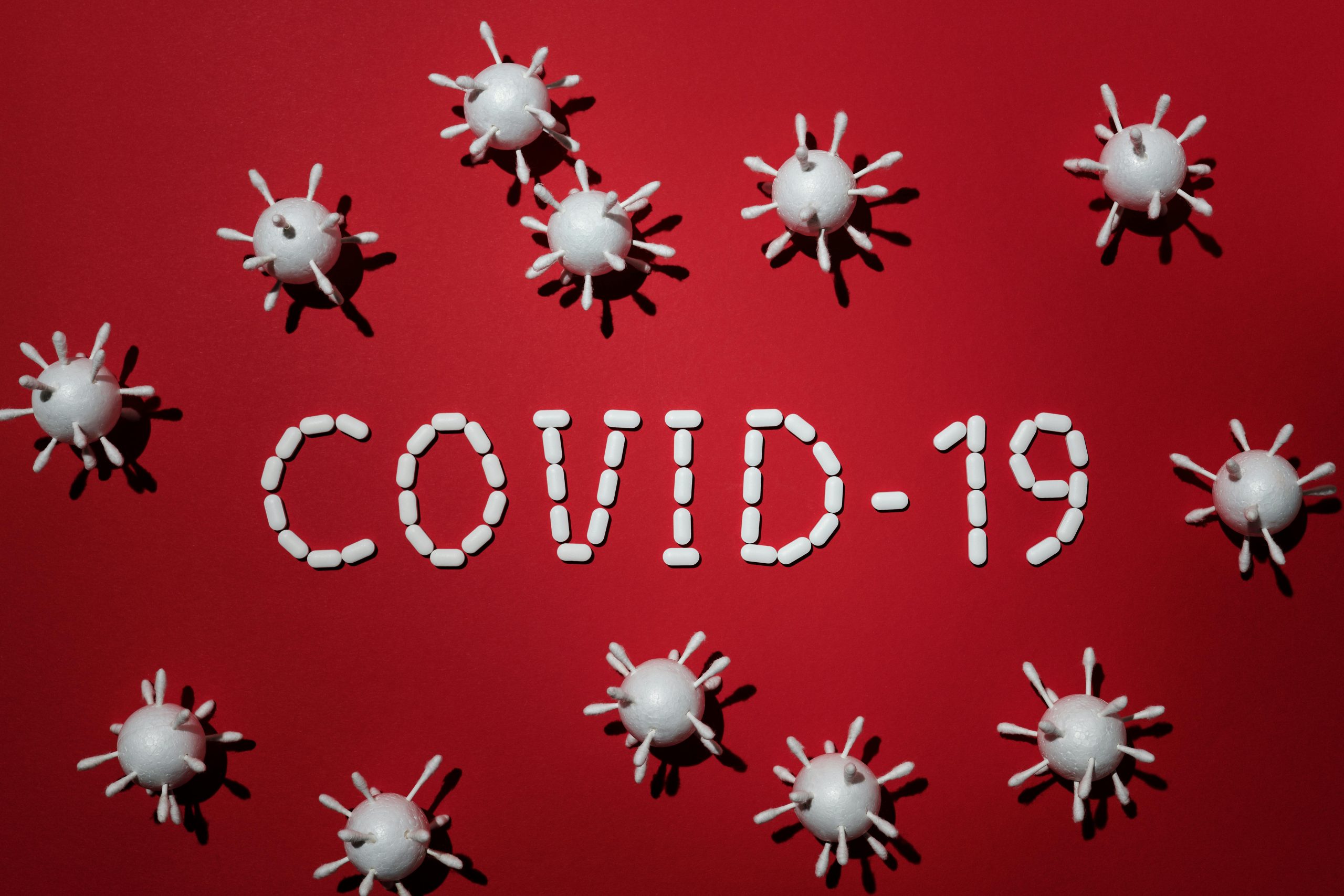Coronavirus Information About Loan Relief Programs for Small Businesses
Published:What You Should Know About the Paycheck Protection Program (PPP) and Economic Injury Disaster Loans (EIDLs)
The Coronavirus Aid, Relief, and Economic Security Act (a.k.a. CARES Act) was signed into law by President Donald Trump on Friday March 27, 2020.
This is a historic stimulus package that allocates funds for a number of programs, including loan relief for small businesses and stimulus payments for many Americans, among other legislative changes. With the CARES Act, $349 billion has been funded under the Small Business Administration (SBA) to help struggling businesses remain viable during this tumultuous time.
This page provides information about the Paycheck Protection Program (PPP) and Economic Injury Disaster Loans (EIDLs). These programs were included as part of the CARES Act and are intended to assist small businesses that are experiencing financial difficulties due to the Coronavirus (COVID-19) crisis. Both PPP Loans and EIDLs are available through the Small Business Administration.
RELATED: $2 Trillion Coronavirus Relief Stimulus Package: Information About Stimulus Payments
Paycheck Protection Program (PPP) Loans
The Paycheck Protection Program is an SBA loan that’s designed to help businesses keep their workforce employed during the Coronavirus pandemic. According to the Small Business Administration (SBA), “PPP loans provide a direct incentive for small businesses to keep their workers on the payroll.”
No collateral or personal guarantees are required for a PPP loan, and loan payments will be deferred for 6 months. Additionally, neither lenders nor the government will charge any fees to the small businesses that get these loans.
If you want to obtain a PPP loan, you can apply through any existing SBA 7(a) lender. A PPP loan can also be acquired through any federally insured depository institution, federally insured credit union, or Farm Credit System institution that is participating in this program.
The Paycheck Protection Program will be available to small business through June 30, 2020. This loan has a maturity of 2 years and an interest rate of 1.0%
Who Can Apply for a PPP Loan?
The following business entities affected by COVID-19 may be eligible for a Paycheck Protection Program loan:
- Sole proprietors, independent contractors, and self-employed persons
- Any small business concern that meets SBA’s size standards (either the industry based sized standard or the alternative size standard)
- Any business, 501(c)(3) non-profit organization, 501(c)(19) veterans organization, or Tribal business concern (sec. 31(b)(2)(C) of the Small Business Act) with the greater of:
- 500 employees, or
- That meets the SBA industry size standard if more than 500 employees
- Any business with a NAICS Code that begins with 72 (Accommodations and Food Services) that has more than one physical location and employs less than 500 workers per location
RELATED: Contact the IRS
PPP Loan Forgiveness
These loans will be fully forgiven if all of the employees are kept on the payroll for at least 8 weeks and the funds are used for payroll, interest on mortgages, rent, and utilities bills. Note that at least 75% of the forgiven amount must have been used for payroll.
To apply for a Paycheck Protection Program (PPP) Loan, please visit the SBA’s PPP website where additional details can also be found.
Economic Injury Disaster Loans (EIDLs)
Getting an Economic Injury Disaster Loan (EIDL) now involves less red tape, thanks to a provision in the CARES Act.
The EIDL Emergency Advance provides up to $10,000 of economic relief to small businesses that are experiencing temporary difficulties and loss of revenue due to the Coronavirus crisis.
This loan advance is obtained through the Small Business Administration (SBA) and it does not have to repaid. Funds will be made available to the business within days following a successful application.
Who Is Eligible for an EIDL?
The SBA’s Economic Injury Disaster Loan program is designed for entities affected by the COVID-19 pandemic, including:
- Small businesses with fewer than 500 employees (including sole proprietorships, independent contractors, and self-employed persons)
- Private non-profit organizations
- 501(c)(19) veterans organizations
For certain industries, some businesses with over 500 employees may qualify if they meet the SBA’s size standard for those industries.
To apply for an Economic Injury Disaster Loan (EIDL) Emergency Advance, please visit the SBA’s EIDL website where additional details can also be found.
RELATED: IRS Announces Extended Deadlines and New Legislation in Response to the Coronavirus Outbreak



